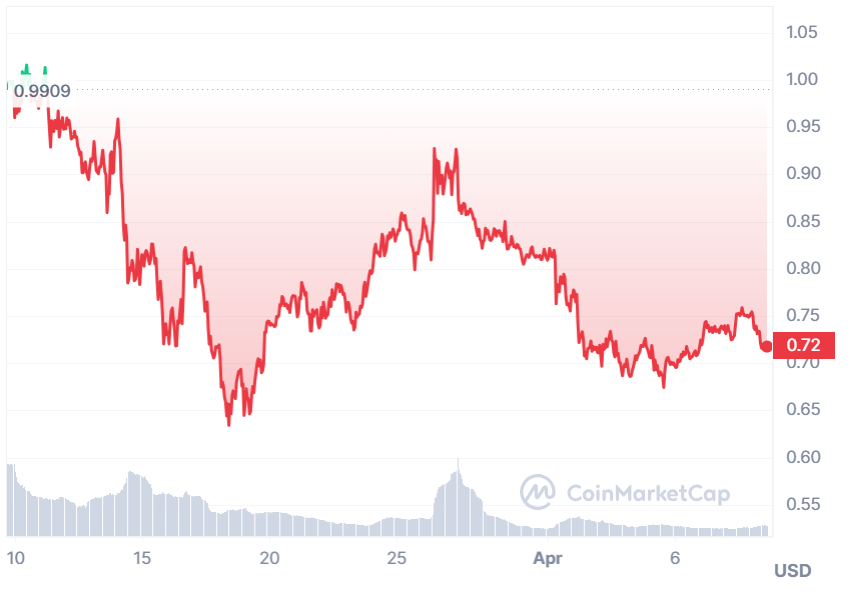South Korean regulators want to block traders from dumping stolen coins on the country’s crypto exchanges.
The move follows news from earlier this month, when regulators in the nation said they wanted to stop trading platforms from listing hacked tokens.
Per News1, the Financial Supervisory Service (FSS) and the Financial Services Commission (FSC) want to move following a suspected hack on the NFPrompt (NFP) platform last month.
A South Korean trader, some claim, knowingly bought NFP coins from a hacker, which they then reportedly “dumped” on the Coinone exchange.
South Korean Regulators Respond to Hack Allegations
On March 28, South Korean crypto community members were outraged by news that a domestic investor allegedly “purchased stolen assets from a hacker in an over-the-counter [OTC] transaction.”
The investor, it seems, wrote a social media post that suggests they may have bought coins they appear to have known originated from the hack. The investor admitted to buying the coins in an OTC deal.
In the since-deleted post, this investor raises questions about Coinone’s liquidity and capacity to process a large NFP transaction.
The investor also appears to use a derogatory term to describe the Coinone CEO and Founder Cha Myung-hoon.
Exchange, Regulators Act
Coinone responded by adding NFP to its “investment cautionary coins” list, citing “security concerns” as its main reason.
Regulators, meanwhile, have responded with a promise to probe the transaction and further allegations of price manipulation.
NFPrompt prices fell abruptly on April 28, with authorities suspicious about the sale’s effect on the token.

Regulators are still overhauling systems related to “unfair transactions” ahead of the implementation of the Virtual Asset User Protection Act in July.
They have ordered domestic exchanges to launch “abnormal transaction systems.” These systems will be able to identify “illegal” or suspicious transactions.
ATTENTION $NFP Holders:
We are writing to inform you of a critical security incident involving NFPrompt. It was discovered that a group of hackers compromised some wallets, including those of NFP’s contract administrators.
They illegally gained control of victims’ funds,… pic.twitter.com/ZeQXLruvTW
— NFP (@nfprompt) March 15, 2024
An unnamed regulator told News1 that it would launch a full investigation into the “NFP coin incident” if the FSC or FSS suspected the trader used “illegal means” to obtain the coins. The regulator said:
“We can also look into whether it is possible to involve law enforcement agencies if these coins were stolen.”
Domestic exchanges said they were “in the process of establishing a system to prevent unfair practices.”
Coinone Still ‘Talking to Foundation’ About Suspected Hack
Coinone, meanwhile, said that an “internal review” was still trying to establish whether a leak of the NFPromt foundation’s assets “was an accident caused by hacking.”

The platform said it would “continue to hold discussions with the foundation” as it tries to “determine” the truth of the matter.
South Korean regulators say they plan to “create exceptional provisions for bans on deposit and withdrawals” on exchanges.
They want to create industry-wide standards that help all exchanges “communicate” information about potentially illegal transactions.
They hope that such a move would create a fast-acting safety net to trigger at all exchanges following hacks and other leaks.
OTC transactions, meanwhile, have come under the spotlight in South Korea. Regulators have promised to act after police reported multiple instances of OTC-related thefts.





